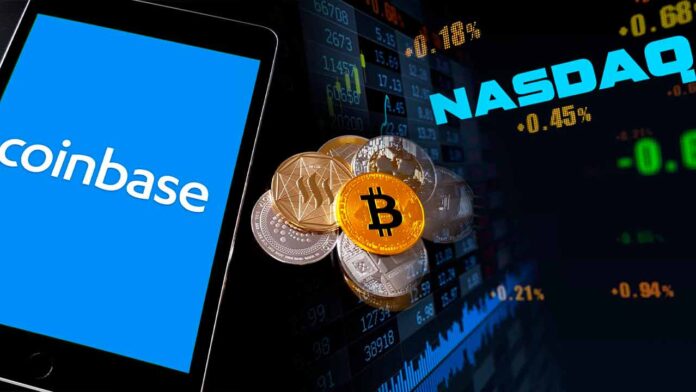On April 5, the Nasdaq-listed U.S.-based crypto exchange Coinbase, officially allowed Indian users to buy crypto tokens through UPI (Unified Payments Interface), a modern Indian payment infrastructure built by a coalition of retail banks.
But after three days of launch, UPI rolled back its service without any explanation. The action was taken after a strange statement from the National Payments Corporation of India (NPCI). This governing body oversees UPI in the country, but it refused to acknowledge UPI’s support of Coinbase’s app.
Related Reading | How Plugin’s Blockchain Technology Helps Industries Adapt To Climate Change
When asked about the recent disruption related to offering payment services in India, the crypto exchange’s chief executive Armstrong said that Coinbase stopped trading service in India due to “informal pressure” from the Reserve Bank of India (RBI).
Coinbase Earnings Call
The Reserve Bank of India imposed a ban on cryptocurrency trading in April 2018 and ordered banks and other financial institutions to stop providing and supporting services related to virtual currencies.
On Wednesday, 4 March 2020, India’s Supreme Court repealed the central bank’s two-year-old ban on cryptocurrency trading in the country. But the central bank continues to exert pressure on banks that are engaged in crypto trading.
During Coinbase’s 2022 Quarterly Earnings call, Armstrong pointed out that some government entities, including the RBI,
“don’t seem to be as positive on it,” and highlighted that India’s trying to impose a shadowban on crypto-based businesses.
About The RBI’s action, Armstrong said;
Basically, they’re applying soft pressure behind the scenes to try to disable some of these payments, which might be going through UPI. I guess we have a concern that they may be actually in violation of the Supreme Court ruling.
However, facing many difficulties like pressures on banks and bank compliance, Coinbase is still preparing to relaunch with other payment methods to cover the high demand of crypto investors in India.
Armstrong stated;
In most places in the free world and in democracies, crypto is going to eventually be regulated and legal. And the way that we push the conversation forward is by taking action.
Related Reading | Amber Group Announces Q3 2022 Launch Of Openverse, The Gateway Into The Metaverse
India introduced a law on crypto-related transactions and assets on April 1, in which income from the transfer of any virtual assets will be taxed at 30%. However, a 1% tax deduction at source on payments made related to purchasing virtual assets will be applied to capture all such crypto transactions.
Regulation of a 30% tax on crypto negatively impacts trading volume and is difficult for traders to continue trading; that’s why the importance of trading dropped sharply in India.
Eyeing the same pool of untapped markets, Binance, a cryptocurrency exchange, has launched three key initiatives to help educate Indian investors and students about the cryptocurrency and blockchain ecosystem.
Featured image from Flickr, chart from Tradingview.com
Credit: Source link






















 Bitcoin
Bitcoin  Ethereum
Ethereum  XRP
XRP  Tether
Tether  Solana
Solana  USDC
USDC  Dogecoin
Dogecoin  Cardano
Cardano  Lido Staked Ether
Lido Staked Ether  TRON
TRON  Wrapped Bitcoin
Wrapped Bitcoin  Wrapped stETH
Wrapped stETH  Chainlink
Chainlink  Avalanche
Avalanche  Sui
Sui  Stellar
Stellar  Litecoin
Litecoin  Hedera
Hedera  Toncoin
Toncoin  Shiba Inu
Shiba Inu  LEO Token
LEO Token  USDS
USDS  Hyperliquid
Hyperliquid  Polkadot
Polkadot  WETH
WETH  MANTRA
MANTRA  Bitcoin Cash
Bitcoin Cash  Bitget Token
Bitget Token  Ethena USDe
Ethena USDe  Wrapped eETH
Wrapped eETH  Uniswap
Uniswap  Monero
Monero  NEAR Protocol
NEAR Protocol  Pepe
Pepe  WhiteBIT Coin
WhiteBIT Coin  Aave
Aave  Bittensor
Bittensor  Ondo
Ondo  Aptos
Aptos  Internet Computer
Internet Computer  Dai
Dai  Official Trump
Official Trump  Ethereum Classic
Ethereum Classic  Mantle
Mantle  Tokenize Xchange
Tokenize Xchange  OKB
OKB  Gate
Gate  sUSDS
sUSDS  Sonic (prev. FTM)
Sonic (prev. FTM) 
